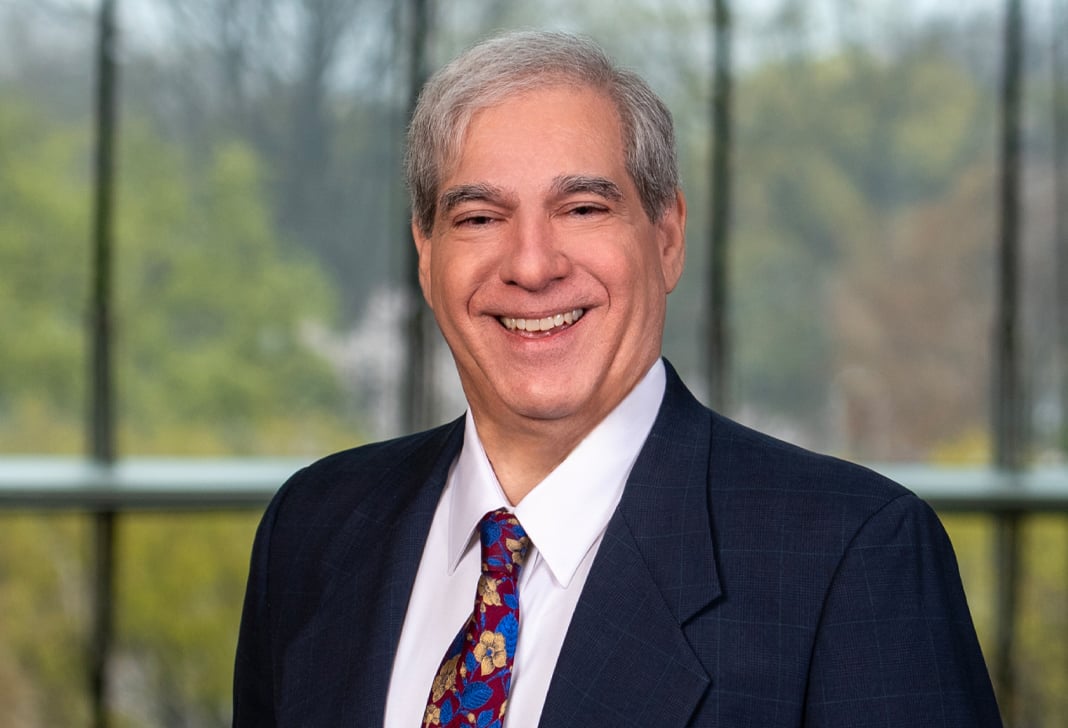
GAO's Bid Protest Report to Congress Reveals Skyrocketing Sustain Rates
On December 15, 2016, the U.S. Government Accountability Office ("GAO") released its Bid Protest Annual Report to Congress for Fiscal Year 2016 ("FY16"). This report contains the bid protest statistics for Fiscal Years 2012 to 2016, as well as each instance in which a federal agency did not fully implement a GAO bid protest recommendation made in the prior fiscal year.
The statistic that immediately stands out is the significant increase in GAO's sustain rate this year. Over the past five years, the sustain rate has hovered in the teens, with a high of 18.6 percent in 2012, to a low of 12 percent last year. This year, the sustain rate skyrocketed to 22.56 percent, almost double last year's rate. The table below shows the number of protest filings and GAO's sustain rates and effectiveness rates over the past 15 years.
The reasons for the sharp increase in GAO's sustain rate are not immediately discernible. There has been no sea change in GAO's procedures or its substantive views on bid protest issues. GAO has continued to apply the same standard of review, which generally involves an examination of the record to determine whether agencies' decisions were reasonable and complied with the terms of the solicitation and procurement law, rule, or regulation. Given that the effectiveness rate changed by only 1 percent this year, the large increase in the sustain rate indicates that agencies did not take corrective action in response to meritorious protests as frequently as they have in the past. Instead, agencies allowed a much higher percentage of cases to proceed all the way through the protest process to a written decision sustaining the protest.
Perhaps more significant than the change in the sustain rate, however, is that the effectiveness rate rose again this year to 46 percent, representing the highest effectiveness rate GAO has ever reported since it began including this statistic in its reports to Congress. (The Bid Protest Annual Report to Congress for Fiscal Year 2003 contained, for the first time, reports of effectiveness rates for fiscal years 2001 through 2003.) GAO's effectiveness rate represents the percentage of protests in which a protester obtained some form of relief—either through a decision sustaining the protest or through an agency voluntarily taking corrective action. Although it increased by only 1 percent this year, the effectiveness rate for GAO protests has been slowly but steadily climbing year after year, indicating that GAO is seeing more and more meritorious protests each year.
The cause of this steady climb in the effectiveness rate is not readily apparent. It could be that counsel for potential protesters are doing a better job of dissuading companies from filing protests that do not appear to have merit, resulting in a higher percentage of meritorious, as compared to unmeritorious, protests. However, the increase in the total number of protests filed in FY16 (2,789 protests, the highest number of protests since 1994) seems to weigh against that possibility. Another possible explanation could be simply that agencies are making more errors in their procurement decisions. This explanation is more likely, given that the number of trained, qualified acquisition professionals has continued to decrease while their workload has continued to increase, resulting in overburdened and undertrained procurement professionals. Given the dwindling number of trained, experienced acquisition professionals and the growing complexity and number of federal government procurements, it is likely that the long, steady increase in the number of meritorious protests, as demonstrated by the long, steady increase in the effectiveness rate, is a function of the fact that acquisition professionals are simply making more mistakes.
Finally, GAO's report also informs Congress each year of each instance in which a federal agency did not fully implement one of GAO's recommendations in connection with a bid protest decided in the prior fiscal year. This year, GAO reported that there were no such instances—last year, agencies followed every recommendation that GAO made. The fact that agencies followed every single recommendation made by GAO last year underlines the significance of GAO as a bid protest forum and the value of GAO's bid protest decisions.
One important take away from this year's statistics is that GAO is unafraid to sustain a protest when it identifies problems in the procurement—even if that means issuing a startling number of sustain decisions in a particular year. GAO continues to provide in-depth, unbiased reviews of each protest filed, and the fact that the sustain rate for a particular fiscal year is especially high does not dissuade GAO attorneys from sustaining a protest if the facts of the case call for it.
This year's statistics also emphasize the importance of having experienced bid protest counsel. An experienced protest attorney can help a protester achieve a fair review in an atmosphere where overburdened agency acquisition professionals are making an increasing number of procurement mistakes. Conversely, experienced counsel representing an intervenor can provide invaluable assistance in defending a protested award in an atmosphere where agency counsel may be overburdened when trying to defend against the protest. GAO's Bid Protest Annual Report to Congress for Fiscal Year 2016 can be accessed here.





